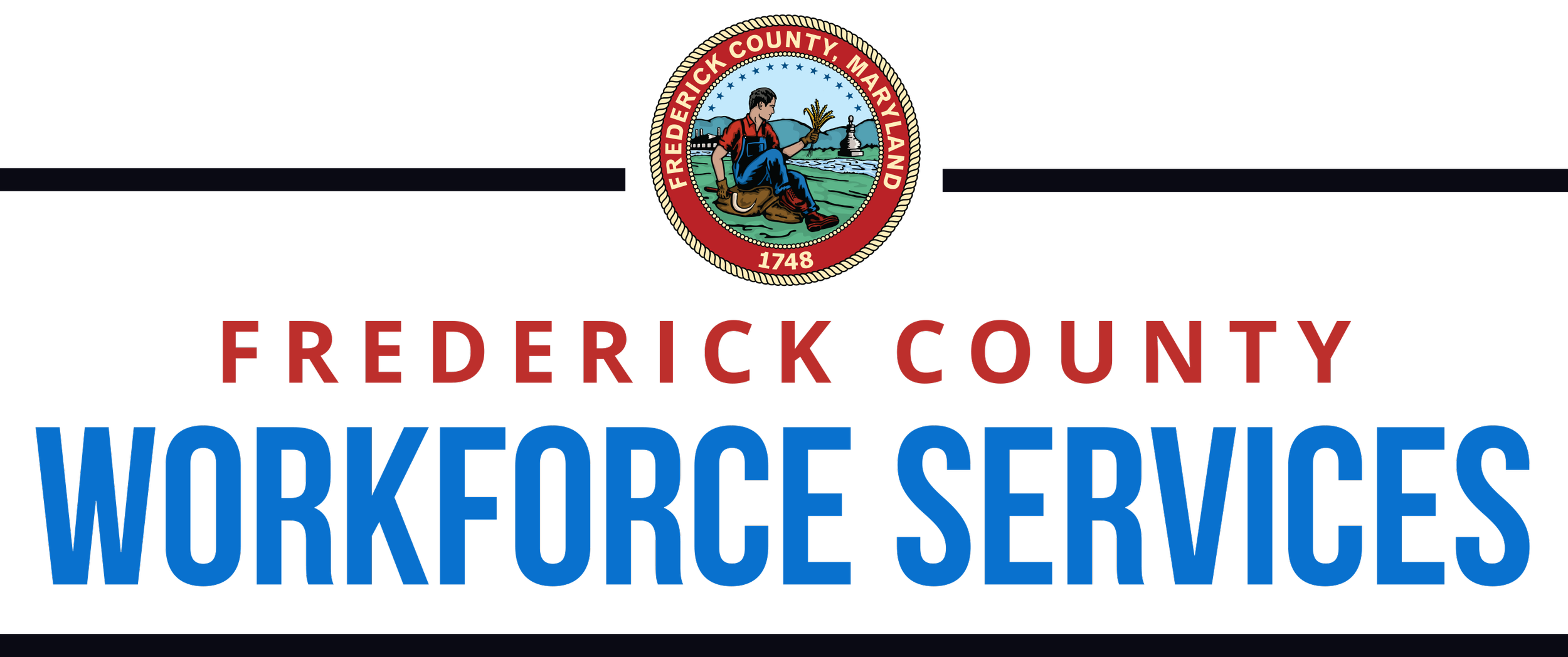Nervous About Upcoming Interview
Question:
I am really, really nervous about my upcoming job interview. Do you have any tips for me?
Answer:
There are many ways to reduce nervousness before and during a job interview.
Preparation for the interview will be very helpful. The more you know, the better off you are, and never more so than in a job interview. Know everything you can about the company. Read every word of its website. Look up the officers, and if possible your interviewer, on LinkedIn. Read their Twitter feed and Instagram. You may be able to make a personal connection by knowing a bit about the person.
Another way to prepare is to try to imagine the worst-case scenario. Pack an extra tie in case you spill soup; take an extra pair of stockings in case of a run. If you’re worried about forgetting the points you want to make, take notes along; most employers will take this as a sign that you’re organized. (You might want to take your points and questions on note cards rather than as a list in your phone, however; not all interviewers appreciate people using phones during the interview.)
You’ll also want to practice answers for common interview questions. You can find a list at Monster.com, Careerbuilder.com, or just Google “job interview question”. You’ll also find some clues about how to answer those questions. Think about your success stories, and choose a few that you can use to answer a variety of questions. If you can add a number to the accomplishment, it helps us understand how big a deal it was.
If all else fails, say this to the interviewer: “I’m very good at (insert job skill here); however, I don’t have a lot of experience in interviewing, and I’m rather nervous. I hope you’ll take that into account when you make your decision.”
If you want to try out your interviewing skills, Workforce Services encourages you to do a Professional Practice Interview. You can meet with one of our staff who hires, and they’ll ask you questions you can expect to get at a real interview. They’ll also tell you what they think about your answers, and the way you present yourself. Check at the FCWS Resource Desk to schedule your Professional Practice Interview.
Try to remember that this is just a conversation with your new business buddy. Presumably you’re talking about something you both care about. You are not in any actual danger here; the worst that can happen is that you don’t get the job, and then you’re no worse off than you are now.
Take a deep breath, then another. Review your research. Tell your success stories, and don’t be humble. Focus on the interviewer and on solving his problems. Do your best, and trust that it will work out for the best.
